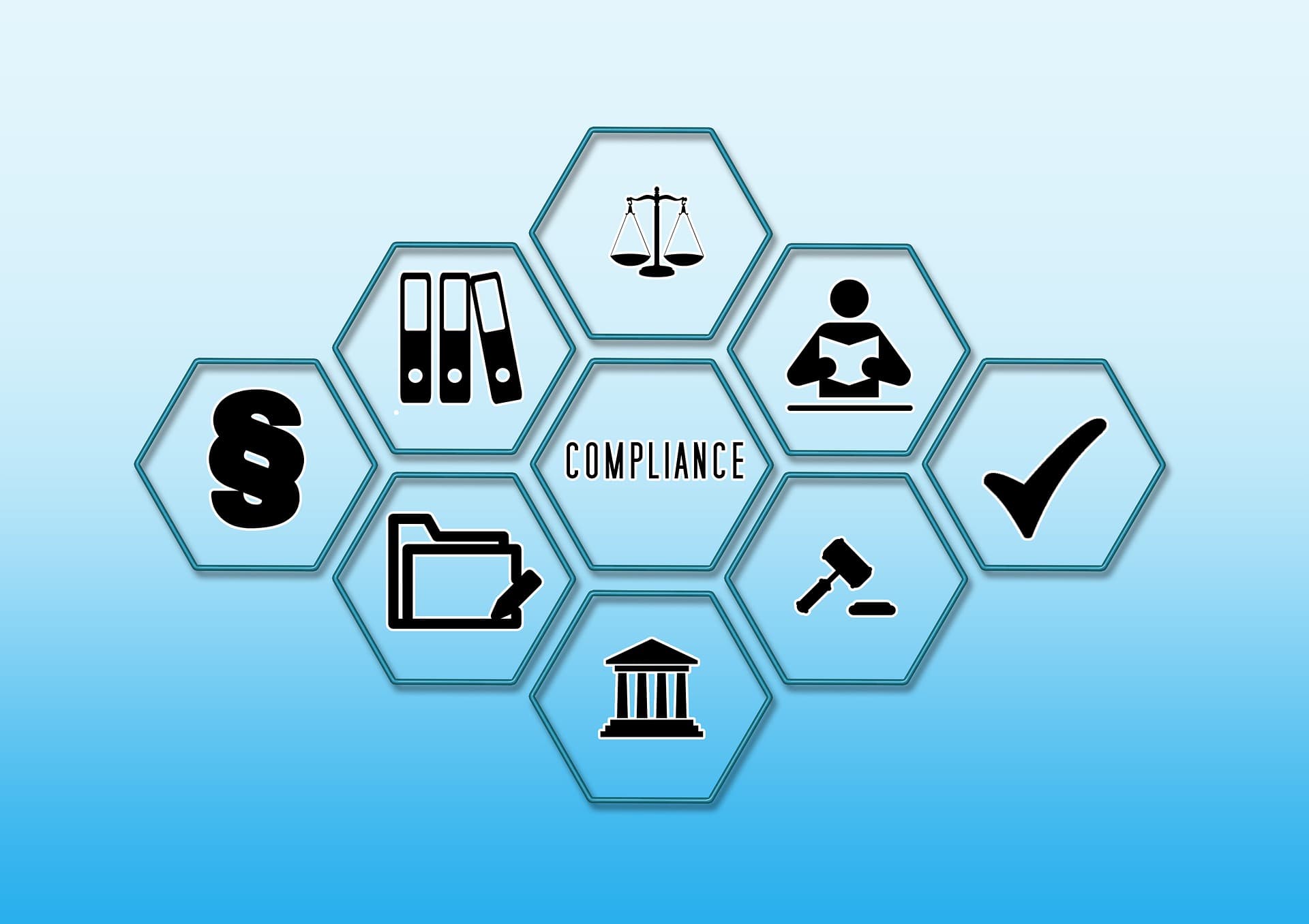As an online business owner, you know that the security of your site is critical. Unfortunately, cyber threats are on the rise, and it’s more important than ever to take steps to secure your site against them.
In this blog post, we’ll share some tips for protecting your eCommerce site against cyber attacks. Read on to learn more!
What is Ecommerce Security?
Ecommerce security is a hot topic in the online world. As eCommerce grows, so does the need for better and more sophisticated security measures to protect customers and their data.
There are many different aspects of eCommerce security that businesses need to be aware of. One of the most important is protecting customer data. This includes credit card information, addresses, and other personal data. Businesses need to take steps to ensure that this data is protected from hackers and thieves.
Another important aspect of eCommerce security is website protection. Businesses need to make sure their websites are secure and that they are using appropriate web security measures. This includes using strong passwords, firewalls, and antivirus software.
Third-party payment processors are also a key part of eCommerce security. These processors help businesses accept payments online and they need to be sure that these processors are reputable and have strong security measures in place.
Finally, businesses should educate their employees about eCommerce security best practices. Employees should be aware of the dangers of hackers and how to protect themselves and the company’s data.
If you’re looking for ways to improve your eCommerce security, check out these tips:
- Use a strong password policy
- Install a firewall
- Use antivirus software
- Educate your employees on best practices
What is Compliance, and How is it Different From Security

Compliance and security are two important aspects of any organization, yet they are often confused with one another.
Compliance is the term used to describe an organization’s adherence to external regulations, while security is the term used to describe measures taken to protect against unauthorized access, use, disclosure, interception, or destruction of information.
Compliance is mainly about ensuring that an organization meets regulatory requirements, while security is about protecting the organization’s data from unauthorized access and theft.
Compliance usually requires adhering to a specific set of rules (such as PCI DSS), while security is more flexible and can be tailored to meet the specific needs of an organization.
Despite their different goals, compliance and security are often complementary. Good security practices will help ensure that an organization is compliant with applicable regulations, and compliance can help improve security by providing a framework for implementing best practices.
The Biggest Security Threats to Your Ecommerce Site
In the age of digital commerce, online security is more important than ever. Here are the biggest security threats to your ecommerce site and how to protect yourself against them.
1. Hackers
One of the biggest security threats to your eCommerce site is hackers. They can gain access to your site and steal your customers’ information, including their credit card numbers. They can also damage your site or even shut it down completely.
To protect yourself from hackers, you should install a firewall and use strong passwords. You should also keep your software up to date and be careful about what you download.
2. Viruses and malware
Another major security threat to eCommerce sites is viruses and malware. These can infect your computer and steal your customers’ information or even take control of your site.
To protect yourself from viruses and malware, you should install an antivirus program and keep it up to date. You should also be careful about what you click on and never open attachments or links in emails from unknown sources.
3. Phishing scams
Phishing scams are another major security threat to eCommerce sites. They involve fake emails or websites that attempt to steal your customers’ personal information, such as their passwords or credit card numbers.
To protect yourself from phishing scams, you should always verify the legitimacy of any email or website before providing any personal information. You can do this by checking the website’s address bar or by looking for a verified security seal.
Best Practices for Ecommerce Security
Online shopping is convenient and a great way to find the best prices on the items you need. However, as with anything that is done online, there is always a risk of your personal information being compromised.
To keep your information safe when shopping online, follow these best practices for eCommerce security.
1. Use strong passwords
When creating an account on an eCommerce website, use a strong password that is difficult to guess. A strong password should include a mix of letters, numbers, and symbols, and should be at least eight characters long. Do not use the same password for multiple accounts, and be sure to change your passwords regularly.
2. Keep your computer secure
Make sure your computer has up-to-date antivirus software installed, and run regular scans to detect and remove any malware or other threats. Be sure to also install a firewall to help protect your computer from unauthorized access.
3. Stay away from public Wi-Fi networks
Public Wi-Fi networks are not secure and can be easily hacked by criminals looking to steal your information. If you need to shop online while out and about, use a VPN to create a secure connection. A VPN will encrypt all of your traffic so that it cannot be intercepted by third parties.
4. Check the website’s security features
Before making a purchase on an eCommerce website, be sure to check that the site has security features in place such as HTTPS encryption and Verified by Visa/Mastercard SecureCode authentication. These features ensure that your data is protected while it is being transferred between your computer and the website’s servers.
5. Keep track of your transactions
Keep track of the items you have ordered online, as well as the dates and amounts of each transaction. This will help you quickly identify any unauthorized transactions if they occur. You can also use a credit monitoring service to help protect yourself against identity theft.
How BigCommerce Helps Secure Your Business
As a business owner, you know that keeping your data and customers safe is of the utmost importance. This is why it’s important to use a platform like BigCommerce that helps secure your business.
BigCommerce offers a variety of features that help keep your business safe. For example, BigCommerce offers automatic SSL certificate issuance and renewal. This means that your site will always have a secure connection, which helps keep your data safe.
BigCommerce also offers a variety of security features that help protect your site from malware and other attacks. These features include malware scanning, real-time threat monitoring, and password encryption.
Additionally, BigCommerce has a team of experts who are dedicated to keeping your site safe. They regularly update their security features to ensure that they are up to date with the latest threats.
By using BigCommerce, you can rest assured knowing that your business is safe and secure.
Quick Links
- Top eCommerce Jobs- Guide A Must Read For Beginners
- How To Start A Yahoo eCommerce Store- Best Guide
- The Complete Guide to Omnichannel eCommerce Software
Conclusion: What You Need to Know About Securing Your Ecommerce? 2024
These are only a few examples of the many cybersecurity concerns that e-commerce site owners need to be aware of. As the world of online shopping continues to grow, it’s more important than ever to keep your customers’ information safe and secure.
By taking the necessary steps to protect your site, you can ensure that your business is protected against attacks from cybercriminals.




